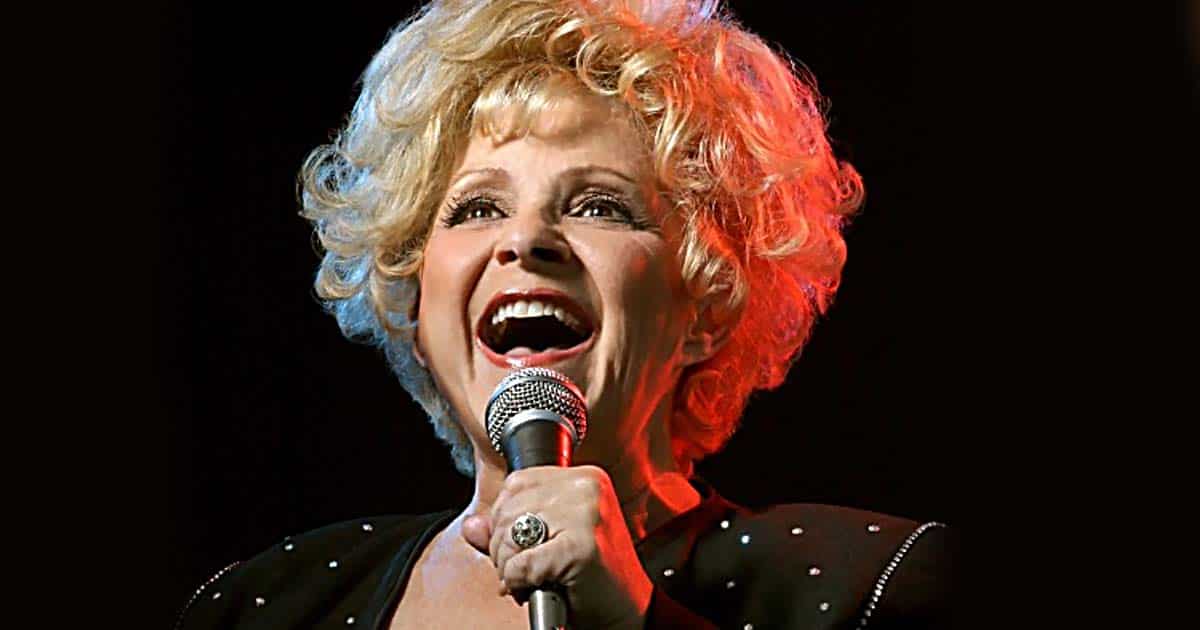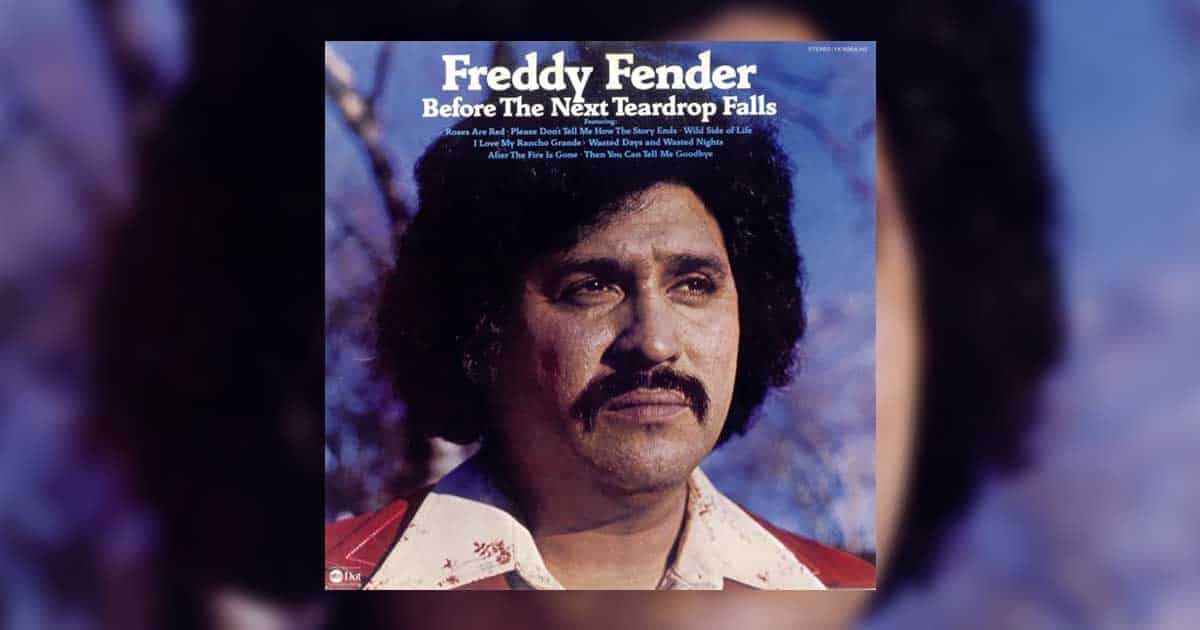It seems that even country royalty isn’t immune to the heinous treatment and misconduct in the industry. In an essay that was published in Billboard, Rosanne Cash, daughter of legendary Johnny Cash, opens about her own #MeToo experiences in the music industry and how to restructure the biz.

The country legend starts by admitting revelations in other entertainment industries re-opened old wounds and concluded to how to achieve a more decent future.
Rosanne Cash Opens Up
She opens about how there is a thin veil of innocence that the men of the industry keep up. And that the predatory actions come out when a woman steps into the picture.
“The regional label-promotion guy who drove me around to radio stations in his car, the menacing sexual overtures he made to me, and how scared I was, in the middle of nowhere, wondering how I could get out of his car and who would find me if I couldn’t.”
And at some point, she shared that she even felt for her physical safety due to the men around her.
“The sudden hostility from a renowned musician in a private moment, the verbal abuse from another that threatened to become — and became — physical.”
Other Women
Cash also recalled the stories of other women that she heard about. She shared that it was considered as “career-shattering” and “heartbreaking.” But, because they worked in an industry that was considered as the norm, they had no choice but to put up with it.

“You can call Human Resources about ‘sexual harassment. But who do you call when the behavior in question isn’t only tolerated but expected, encouraged, even applauded as part of a male artistic temperament that frames women as accessories without any regard for their experiences?”
The behavior was not “only tolerated but expected, encouraged, even applauded.” Women were expected to “adopt” and be okay with the temperament of being mere “accessories.” Cash even shares more about the marketing plan for her first album that was to make her “more fuckable.”
So What Now?
Cash stated that what would happen in the now will be as crucial as the insights we’ve gathered from the actions of our predecessors. She has emphasized that this culture is still alive and thriving; and that women are still living in these terrible conditions.
“We’ve gained purchase through our own probity and by creating a community. It’s time to bring us into the larger community, to make a collective commitment to nourishing creative fire that doesn’t incinerate others.”
She finished her essay off with a powerful statement – one that we should own and uphold.
“We should all be able to say we just don’t know any men who make women — or children, or other men — collateral damage in the course of their creative fulfilment.”


















